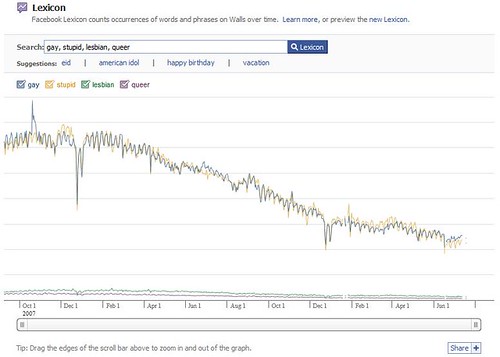Serendip is an independent site partnering with faculty at multiple colleges and universities around the world. Happy exploring!
Complexity in Education
Would You Like to Swing on a Star? Reflections on the Evolving Systems Project Year One
Would You Like to Swing on a Star?
Reflections on the Evolving Systems Project Year One
Alice Lesnick, May 24, 2010
Q: When the cosmos talks to us in its own terms, what does it say?
A: Notice that I am bigger and stranger than anything you have yet imagined based on your experiences to date. And the more you experience and imagine, the bigger and stranger I will get.
-- Evolving Systems Web Forum, 7/31/09





